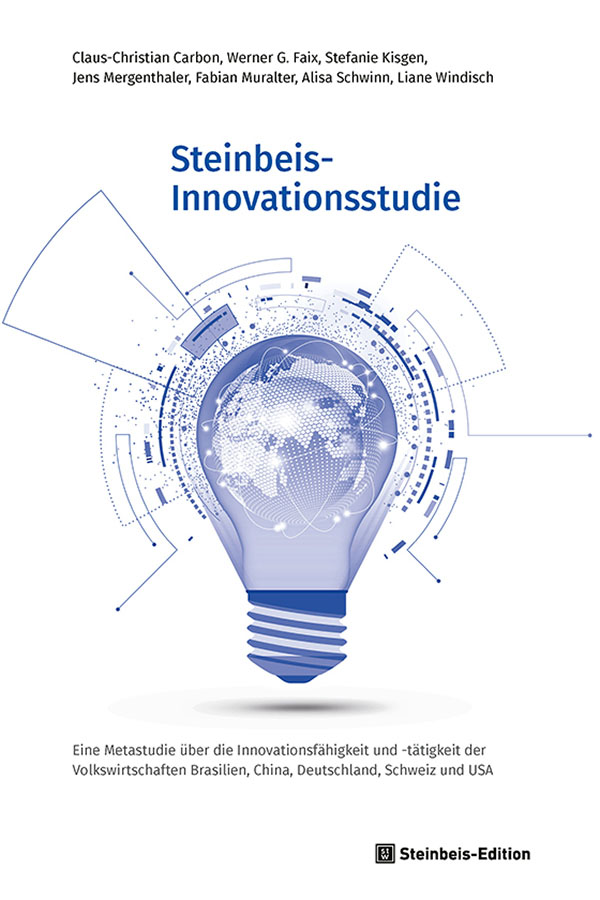Since time immemorial, innovations have not only provided new and creative solutions, but have also been fundamental turning points in the history of mankind. But never before has the call for new thinking and radical innovation been so loud in our world as it is today – a world characterised by high dynamics and complexity in all areas of life. The result is permanent change, both at national and global level. This results not only in numerous challenges, but also in particular in great opportunities to achieve further progress and revolutionary developments and to advance humanity as a whole.
Innovations are no longer “nice to have”, but indispensable for economic success, social stability and the preservation of our living space. The core of this paper examines a number of selected economies (Germany, Switzerland, the USA, China and Brazil) to determine the extent to which they are able and willing to secure and expand their competitiveness and future viability, specifically by means of radical and disruptive innovations.
The Steinbeis Innovation Study was conducted under the auspices of the School of International Business and Entrepreneurship in close cooperation with the Chair of General Psychology and Methodology at the Otto Friedrich University of Bamberg. The successful cooperation between the two organisations is also reflected in the establishment of a joint research project in the field of innovation leadership, which decisively shapes the term and aims to release considerable innovation potential through leadership.



